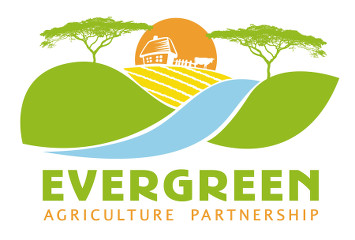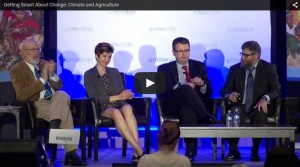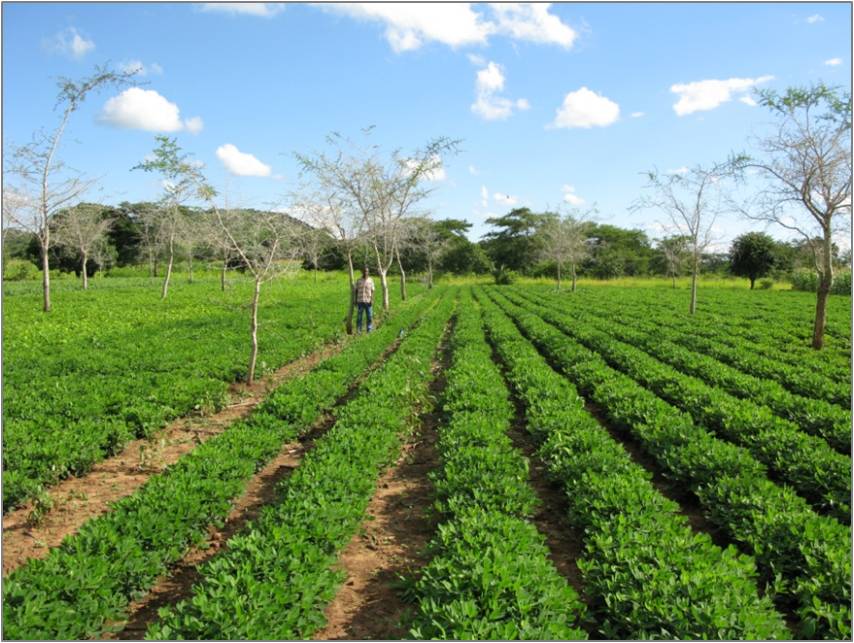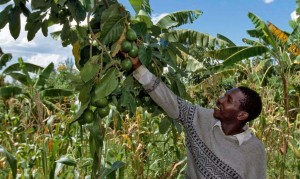Many households in Africa spend a significant amount of their income on food. Additionally, the world’s population is increasing significantly, presenting tremendous changes in diets which later translate to increased threats to the food supply, due to increased competition for land, water, energy and other inputs. Climate change however presents various challenges to food supply systems as it not only reduces the availability of food but also reduces the micro-nutrient profile of food crops.
In a bid to address these challenges, a global forum dubbed ‘Feed the Future’ was held in 2014 based on the following questions:
- What are the impacts of climate change on the future of agriculture in the developing world?What is coming up in innovative practical working alliances to a more climate smart agriculture in the coming years?
- What are some of the most innovative practices to enhance productivity and resilience of smallholders?
Dennis Garrity, United Nations Drylands Ambassador and Former Executive Director of the World Agroforestry Centre, moderated the panel at the forum on the importance of addressing the current and future threats of climate change in current food security programs. Some of the suggestions fronted in addressing this challenge included:
- Incorporating trees into the farming systems (EverGreen Agriculture) e.g. Faidherbia Albida and Gliricidia
- Increasing productivity sustainably
- Enhancing the resilience of producers and supply chains
- Reducing emissions
- Socio-economic intensification e.g. enterprise diversification
- Genetic intensification e.g. improved varieties and breeds
- Ecological intensification e.g. intercropping and rotations





